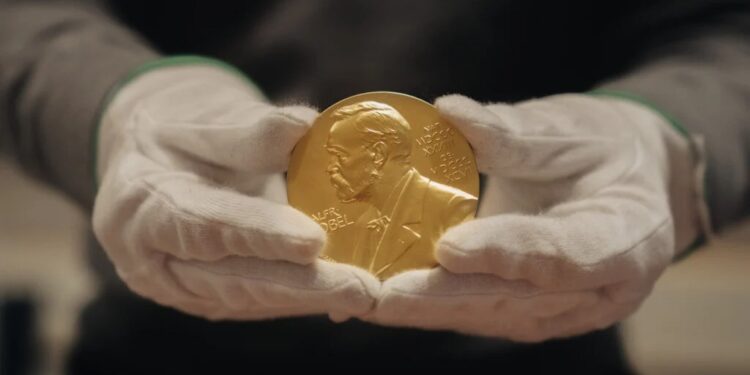The Nobel Prizes, one of the most prestigious awards in the world, trace their origins to the remarkable vision of Alfred Nobel, a Swedish inventor, engineer, and industrialist. Born in 1833, Nobel was a complex figure best known for inventing dynamite, a discovery that brought him both immense wealth and considerable moral introspection about the destructive potential of his inventions.
In his final testament, signed in 1895, Nobel made a groundbreaking decision that would forever change how human achievement is recognized globally. He directed that the bulk of his substantial fortune—approximately 31 million Swedish kronor at the time—be used to establish five prizes in Physics, Chemistry, Physiology or Medicine, Literature, and Peace. This unprecedented philanthropic gesture was revolutionary for its time, creating an international mechanism to honour and support human excellence and progress.
The first Nobel Prizes were awarded in 1901, five years after Nobel’s death in 1896. The selection process was deliberately designed to be international and independent. For each category, specific institutions were tasked with selecting recipients: the Royal Swedish Academy of Sciences for Physics and Chemistry, the Karolinska Institute for Physiology or Medicine, the Swedish Academy for Literature, and the Norwegian Parliament for the Peace Prize.
In 1969, a sixth category was added—the Sveriges Riksbank Prize in Economic Sciences in Memory of Alfred Nobel—which is administered alongside the original five prizes. Though not technically part of Nobel’s original will, it has since become equally prestigious and is often referred to as the Nobel Prize in Economics.
The prizes are unique in their comprehensive approach to recognizing human achievement. Each laureate receives a medal, a diploma, and a significant monetary award. Beyond the personal recognition, the Nobel Prizes have played a crucial role in highlighting critical scientific discoveries, promoting peace efforts, and celebrating outstanding literary and intellectual contributions.
Over the decades, the prizes have honoured remarkable individuals like Marie Curie, Albert Einstein, Martin Luther King Jr., Nelson Mandela, and countless others who have fundamentally transformed human understanding and societal progress. From groundbreaking scientific research to powerful literary works and transformative peace initiatives, the Nobel Prizes continue to serve as a global beacon of human potential and achievement.
Today, the Nobel Prizes represent more than just awards—they are a testament to human ingenuity, compassion, and the relentless pursuit of knowledge that transcends national boundaries.
newshub



Recent Comments